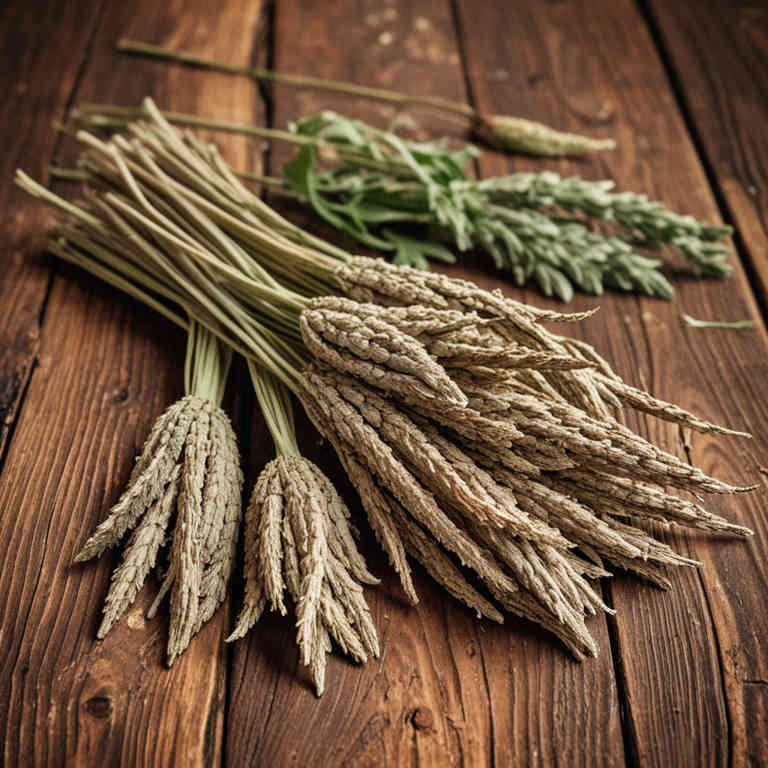Plantago major mucillage for medicinal use

Plantago major mucillage is a preparation made from the gelatinous substance found in the leaves of the common plantain plant.
It is extracted through processes that preserve the mucilage, a natural polysaccharide known for its soothing and demulcent properties. In herbalism, it is used to coat and protect irritated mucous membranes in the digestive and respiratory tracts. It is often employed to alleviate symptoms such as sore throats, coughs, and gastrointestinal discomfort.
This preparation is valued for its ability to provide gentle relief and promote healing in various inflammatory conditions.
Uses
Plantago major mucillage has been used to treat a variety of ailments throughout history, particularly in traditional medicine systems.
Historically, it was valued for its soothing properties and was used to alleviate respiratory issues, digestive problems, and skin irritations. In traditional herbal practices, the mucilage was often prepared as a poultice or decoction to reduce inflammation and promote healing. Modern applications include its use in pharmaceuticals and dietary supplements due to its potential anti-inflammatory and demulcent effects.
Today, it is still utilized in natural remedies for conditions such as coughs, sore throats, and gastrointestinal discomfort.
Benefits
Plantago major mucillage has health benefits such as soothing digestive issues, reducing inflammation, and supporting respiratory health.
It is known for its demulcent properties, which help to coat and protect mucous membranes in the throat and gastrointestinal tract. This preparation may also aid in alleviating symptoms of coughs, sore throats, and irritable bowel syndrome. Additionally, it is rich in nutrients like vitamins A and C, as well as minerals like potassium.
Its traditional use spans various cultures for its calming and healing effects on the body.
Constituents
Plantago major mucillage active constituents include polysaccharides, mucilage, flavonoids, and tannins.
These components contribute to the preparation's soothing and protective properties. Polysaccharides and mucilage form a gel-like substance that coats and protects mucous membranes. Flavonoids provide antioxidant and anti-inflammatory benefits.
Tannins help in reducing irritation and promoting tissue repair.
Preparation
To make Plantago major mucillage, begin by harvesting fresh Plantago major leaves, preferably from a clean, uncontaminated area.
Wash the leaves thoroughly and chop them into small pieces to increase surface area for extraction. Place the chopped leaves in a pot and add enough water to cover them by about an inch. Bring the mixture to a gentle simmer over low heat, allowing the mucilage to dissolve into the water.
Strain the liquid through a fine mesh or cheesecloth to collect the mucilage-rich decoction, which can then be used as needed.
Side Effects
Plantago major mucillage may lead to gastrointestinal discomfort, including bloating, nausea, and diarrhea, due to its high mucilage content.
It can also cause allergic reactions in individuals sensitive to plants in the Plantaginaceae family. Prolonged use may result in the formation of intestinal blockages or constipation in some cases. Additionally, it may interfere with the absorption of certain medications if taken concurrently.
It is important to consult a healthcare professional before using this preparation, especially for individuals with pre-existing digestive conditions.